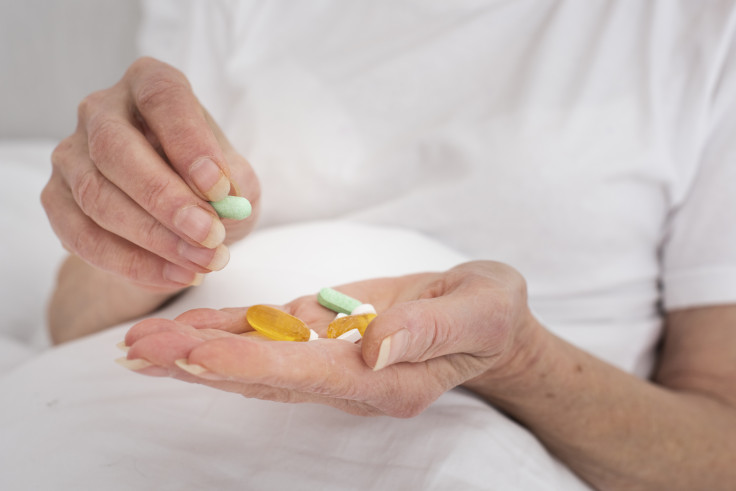
An 89-year-old man in the U.K. who passed away last year died from complications of vitamin D overdose, an investigation has revealed. This case has sparked concerns regarding the potential consequences of consuming excessive supplements, with experts calling for a revision of supplement packaging rules in the country.
David Mitchner from Surrey, southeast England, died in May 2023 due to vitamin D toxicity, hypercalcemia, and cardiac and kidney failure, as per reports. Mitchner had been consuming vitamin supplements for a minimum of nine months leading up to his demise, and a pre-death test revealed vitamin levels at very high levels of 380.
Vitamin D has "potentially very serious risks and side effects when taken in excess" according to Jonathan Stevens, assistant coroner in Surrey.
According to the current recommendation in the U.K., everyone, including pregnant and breastfeeding women, should consider taking a daily supplement containing 10 micrograms of vitamin D during the autumn and winter.
How much vitamin D do you need?
The daily requirement for vitamin D varies based on age. In the U.S. the recommended daily amounts are: 400 IU (international units) for infants up to 12 months, 600 IU for children aged 1-13 years, 600 IU for teens aged 14-18 years, 600 IU for adults aged 19-70 years, 800 IU for adults aged 71 years and older, and 600 IU for pregnant and breastfeeding women.
When do you need vitamin D supplements?
The deficiency of vitamin D has been linked to an array of health issues from brittle bones, bone deformities, and muscle weakness to mental health issues such as depression and anxiety. The deficiency causes rickets in children and bone pain from osteomalacia in adults.
Including fortified milk and cereal, as well as incorporating vitamin D-rich foods like fatty fish (salmon, tuna, mackerel), beef liver, cheese, mushrooms, and egg yolks, can contribute to elevated vitamin D levels. Additionally, regular exposure to sunlight helps enhance vitamin D levels.
However, some people, particularly older adults who do not get exposed to sunlight might have trouble absorbing vitamin D. For those individuals, after testing for deficiency, taking vitamin D supplements might help improve the deficiency.
What happens when you take Vitamin D in excess?
Although a necessary vitamin, when taken in excess, people develop signs of toxicity such as nausea and vomiting, poor appetite, constipation, weakness, and weight loss. Prolonged intake of excessive vitamin D can harm the kidneys and elevate blood calcium levels (hypercalcemia) leading to complications such as confusion, kidney failure, and irregular heartbeat (arrhythmia).
A person won't get an overdose of vitamin D through too much sun exposure or taking vitamin-rich food. However, taking excessive supplements can lead to vitamin D toxicity also called hypervitaminosis D.
Treatment for vitamin D toxicity typically includes stopping vitamin D intake and restricting dietary calcium. In more severe cases, intravenous fluids and medications like corticosteroids or bisphosphonates may be prescribed by the doctors.







